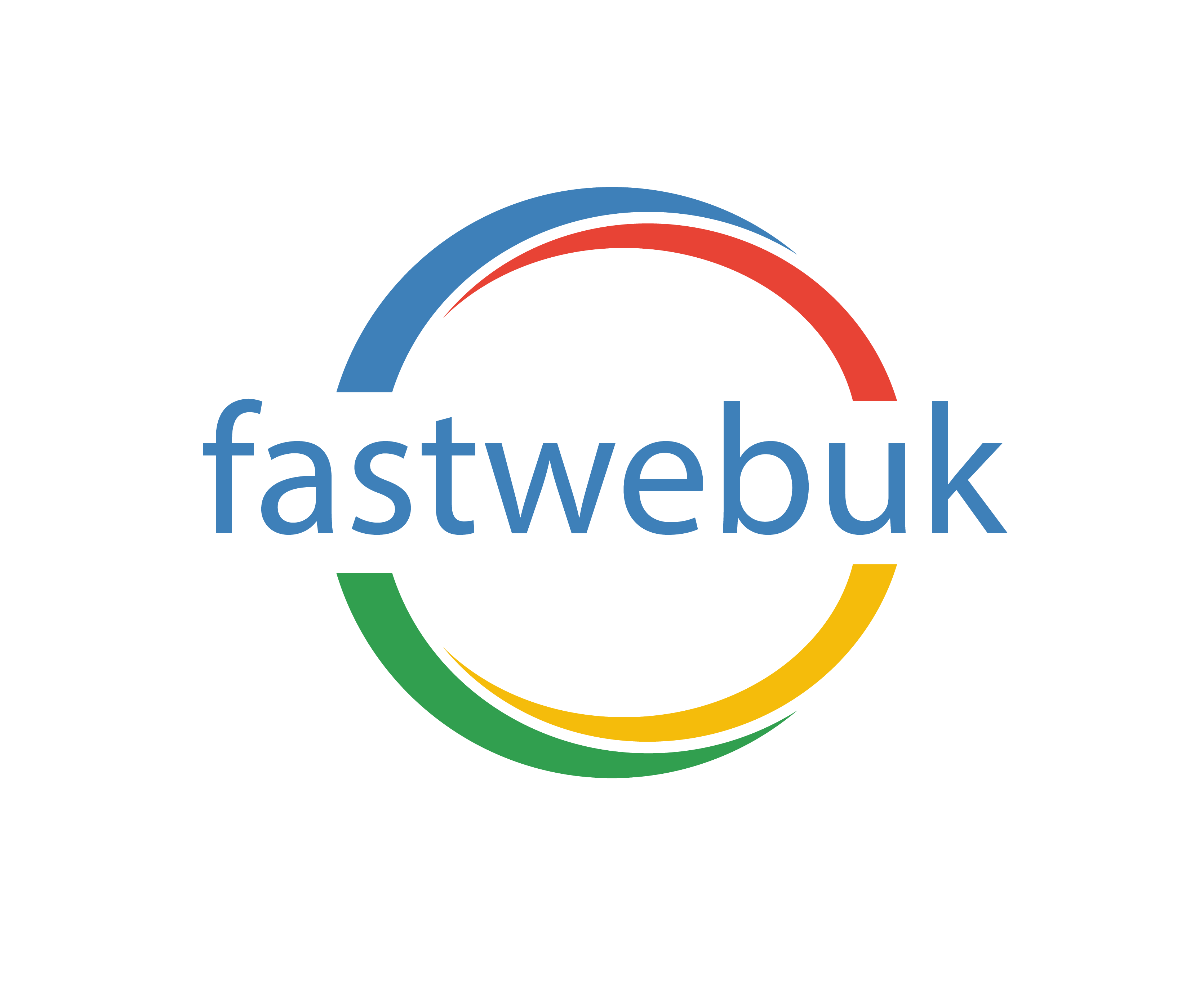Ratings are only as good as the keyword research that informs your web-site’s information architecture. You might present a series of perfect rankings for a quantity of catchy keywords but it will mean little or nothing for your business if those keywords have no potential for conversion.
As a result rankings should always be viewed in the framework of keyword value. What makes a very important keyword is the subject of a lot of discussion and research and deserves an totally separate blog, but we can outline the broad considerations here: A good keyword strikes a balance between broad and specific (think “moustache wax” rather than “wax”) and weighs transactional intent with high search volume (assume “buy used car” alternatively than “car”).
It is also rigorously tested for context and opportunity. We all can get a good idea showing how Yahoo is going to translate keyword phrases by looking at the listings for that term. We may for instance start away thinking we’ve found a great keyword for one of the key service internet pages of a client’s site. But when a search reveals that it must be also the name associated with an university course and page one is monopolised by Wikipedia results and prospectus information from some of the planet’s most influential universities, really back to the sketching board.
If it’s almost impossible to compete for space on page one or if the search results for a key phrase are not straight related to your services or products, those keywords will have little value.
If they are doing their research well, it is rather likely that your Seo services will advise you on ditching certain keywords in favour of others. This is often necessary when clients have recently been previously been advised to simply go after high volume keywords without examining keyword opportunity first. Once readjusting the keyword emphasis, rankings usually experience a slump before recovering. However the final result will be a far more concentrated campaign.


